Out of pocket costs during construction?
hummingbird678
4 years ago
Featured Answer
Sort by:Oldest
Comments (49)
Related Discussions
Who pays heat during construction?
Comments (24)Who shovels snow in a fixed price contract on a new build? Building on a lot that I own, I can't imagine telling the client that they have to get the snow shoveled or my guys aren't working! Furthermore, there are penalties under the mandatory government warranty programme here for not delivering a home on time. All kinds of unforseen things have happened when I'm building on a fixed price contract. Unless they're provided for in the contract, they're my problem. I've encountered blizzards, extreme cold, flooding, excavation collapse, surveyor mistakes and more that have added to my costs. I try to account for them in the bid. Building a fixed price house on the client's property could well be another matter. Utilities, for instance, would have to be opened in the property-owner's name. "A completed house" is subject to interpretation Not here! The municipal inspector decides when its completed and ready to occupy. As I said before, look to the contract....See MoreDraw schedules and out-of-pocket purchases
Comments (4)This is exactly how our contract is set up. It clearly states in our loan agreement that the draws are FIXED, they are set at 20% of the total cost of the house which included allowance items, whether or not those allowance items are paid for by us or the builder. We cleared this with our builder first since we knew we'd be buying some items ourselves, and he's collecting the money from the bank (because the bank is insisting on issuing the draws as shown on the draw schedule) and the builder is reimbursing us with a check for the allowance items we've paid for ourselves. So far it's worked out fine, but that's because we hold back the money to the builder (the bank issues a two-party check and we have to sign along with the builder) until he issues us a check for what he owes us. Unfortunately we're still paying interest on these items but it's the only way the bank would work with us. The builder was happy to just submit draws for what HE was into the build for and leave the allowance items with the bank, but the bank insists on following the draw schedule. Had we known that going in, we wouldn't have included the allowance items in the contract and would have found another way to pay for them, but hindsight......See Morewho paid electric and propane cost during construction
Comments (7)We paid for the electricity. It was in our name. A couple of subs brought in propane fired heaters. They supplied their own propane. I assume the fuel costs were part of their normal business expenses. We didn't pay them....See MoreBuilder or buyer owning lot during construction, which is best?
Comments (6)I guess they want to close out lots in the subdivision by October 1st; we're not close to final plans with the builder but he is willing to purchase lot and roll cost into his quote (which we don't have yet due to our pending upgrades.) We want to keep cost reasonable as it's a second home. Also plans must go through developer ACC review before we know if the plan will work. Hopefully it will as it's a mirror of the model home....See Moreroccouple
4 years agoroccouple
4 years agolast modified: 4 years agoOne Devoted Dame
4 years agochispa
4 years agoFlo Mangan
4 years agohummingbird678
4 years agoTina
4 years agoTina
4 years agohummingbird678
4 years agoJeffrey R. Grenz, General Contractor
4 years agohummingbird678 thanked Jeffrey R. Grenz, General Contractorworthy
4 years agoOne Devoted Dame
4 years agolast modified: 4 years agoroccouple
4 years agolast modified: 4 years agoOne Devoted Dame
4 years agoFlo Mangan
4 years agoroccouple
4 years agolast modified: 4 years agoroccouple
4 years agolast modified: 4 years agoFlo Mangan
4 years agoCheryl Hannebauer
4 years agoMichael
4 years agoroccouple
4 years agolast modified: 4 years agohummingbird678
4 years agoFlo Mangan
4 years agohummingbird678
4 years agoMark Bischak, Architect
4 years agoKathy
4 years agoDenita
4 years agohummingbird678
4 years agoDavid Cary
4 years agoSammy
4 years agolast modified: 4 years agoKathy
4 years agoVirgil Carter Fine Art
4 years agolast modified: 4 years agoJeffrey R. Grenz, General Contractor
4 years agoVirgil Carter Fine Art
4 years agoJeffrey R. Grenz, General Contractor
4 years agoKathy
4 years agoartemis_ma
4 years agotaconichills
4 years agoVirgil Carter Fine Art
4 years agoJeffrey R. Grenz, General Contractor
4 years agoMrryo Villa
4 years agoDenita
4 years agolast modified: 4 years agoJennifer Koe
4 years ago
Related Stories
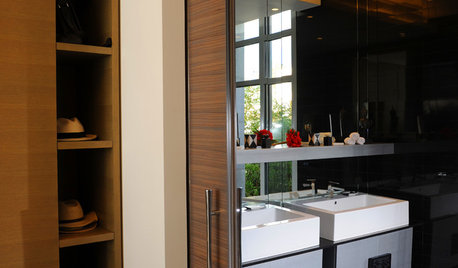
DOORSDiscover the Ins and Outs of Pocket Doors
Get both sides of the pocket door story to figure out if it's the right space separator for your house
Full Story
CONTRACTOR TIPSLearn the Lingo of Construction Project Costs
Estimates, bids, ballparks. Know the options and how they’re calculated to get the most accurate project price possible
Full Story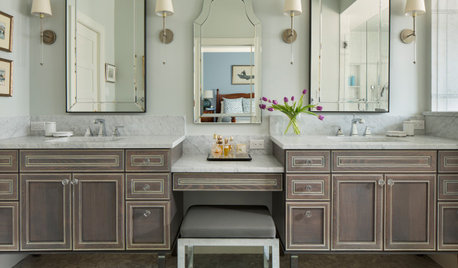
WORKING WITH PROSHow Much Does It Cost to Hire a General Contractor?
General contractors may charge for pre-construction services and offer fixed-price or cost-plus construction contracts
Full Story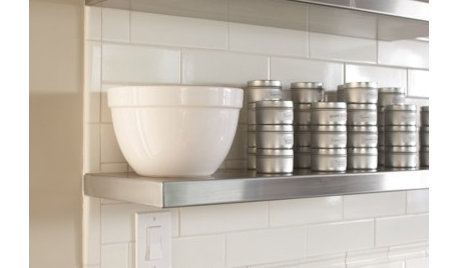
KITCHEN DESIGNHow Much Does a Kitchen Makeover Cost?
See what upgrades you can expect in 3 budget ranges, from basic swap-outs to full-on overhauls
Full Story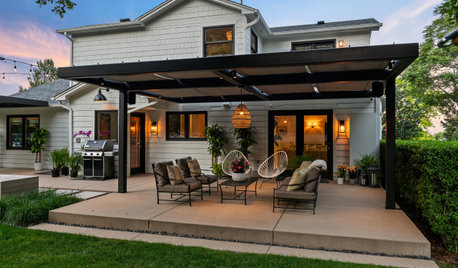
WORKING WITH PROSYour Guide to a Smooth-Running Construction Project
Find out how to save time, money and your sanity when building new or remodeling
Full Story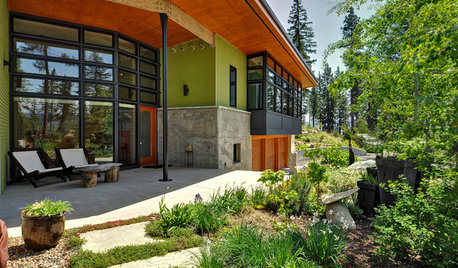
BUDGETING YOUR PROJECTConstruction Contracts: What Are General Conditions?
Here’s what you should know about these behind-the-scenes costs and why your contractor bills for them
Full Story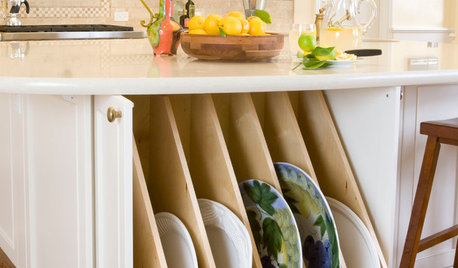
KITCHEN STORAGE13 Popular Kitchen Storage Ideas and What They Cost
Corner drawers, appliance garages, platter storage and in-counter knife slots are a few details you may not want to leave out
Full Story
LATEST NEWS FOR PROFESSIONALSHow to Minimize Construction Waste
Careful planning, strong management and creativity can keep leftover materials out of landfills
Full Story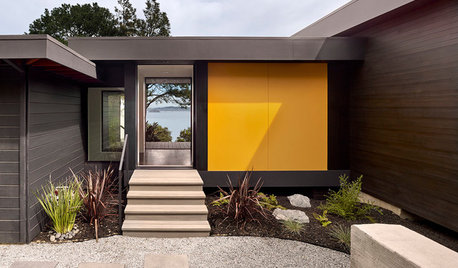
BUDGETING YOUR PROJECTConstruction Contracts: What to Know About Estimates vs. Bids
Understanding how contractors bill for services can help you keep costs down and your project on track
Full Story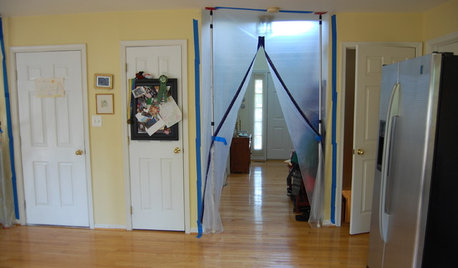
HEALTHY HOMEWhat to Know About Controlling Dust During Remodeling
You can't eliminate dust during construction, but there are ways to contain and remove as much of it as possible
Full Story




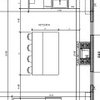
Flo Mangan